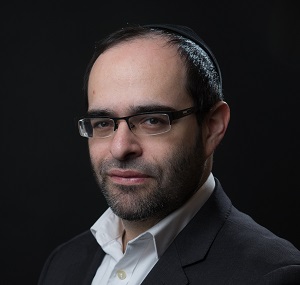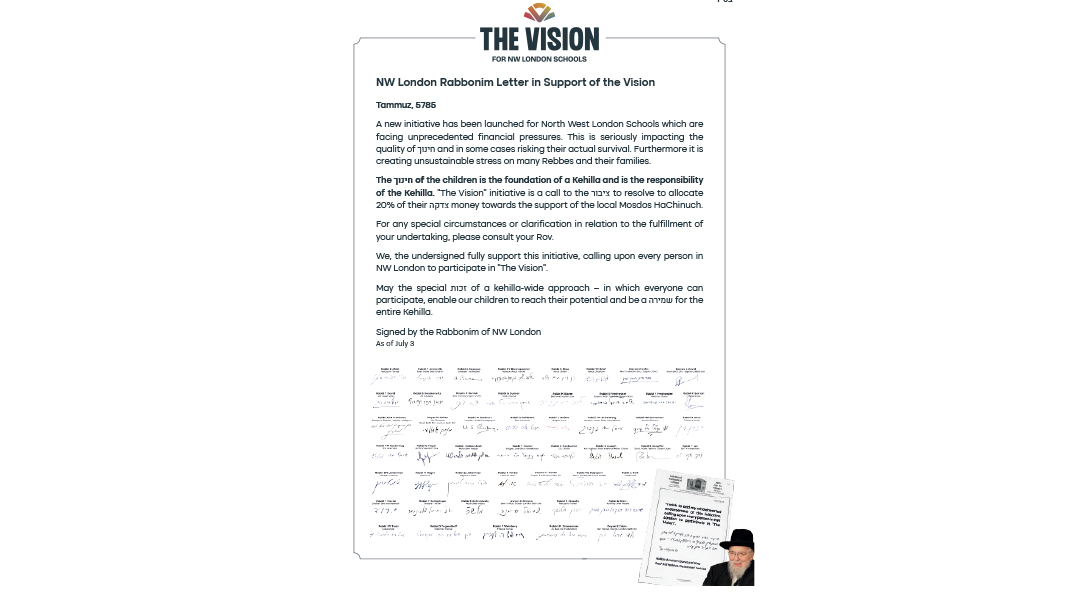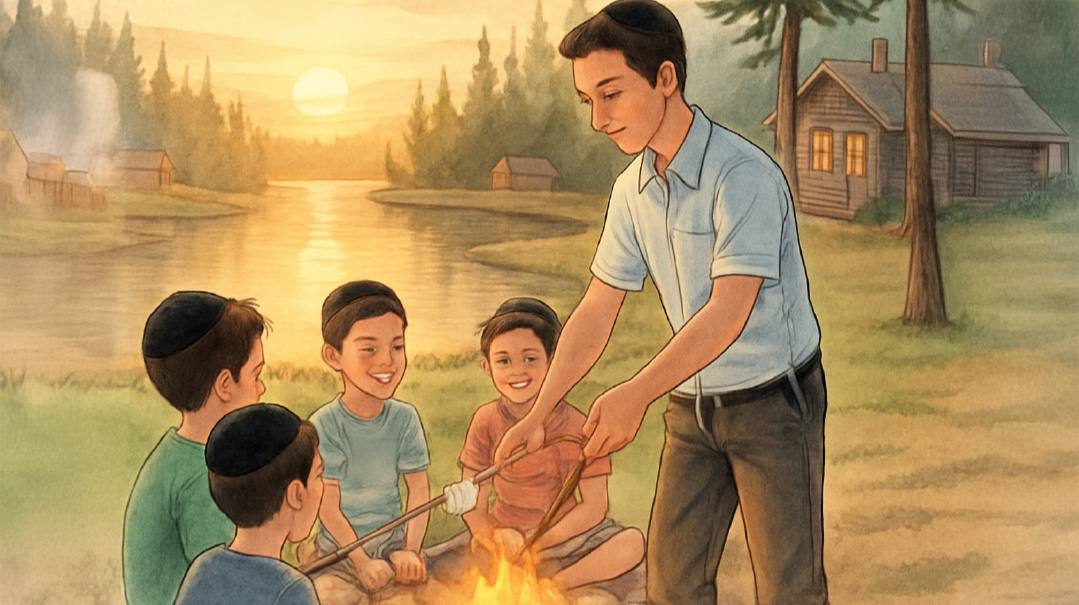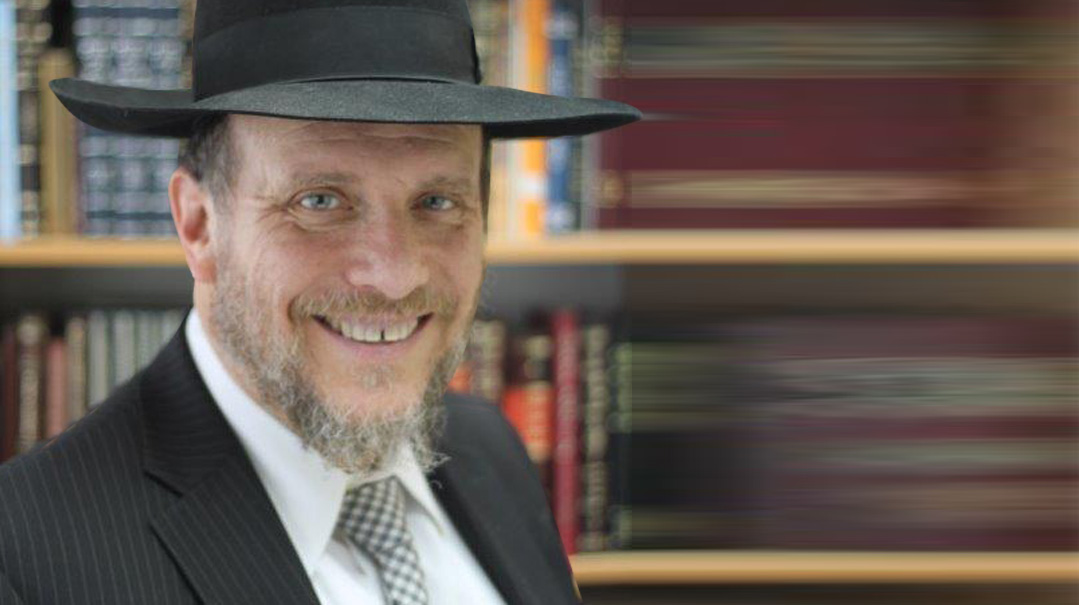The Four Sons Say Kinnos

By right of our awareness, we’ve shown up. We’re one of the four. The question is, which one?
O
ne of the big questions that constantly comes up on Tishah B’Av, maybe even more so than the actual ostensible focus of the day, is, “How do we relate?”
It’s a good question, seeing as how there isn’t anyone alive who actually saw the Beis Hamikdash, nor anyone who’s met anyone who knows anyone who did. It’s 1,900 years since it’s been gone, and none of us has any personal connection to it at all.
The speakers tell us to connect to a general sense of tragedy. Of course, there’s no shortage of that in any of our lives; some of us feel that personally, and others experience it on a more global level. Just these past few years we’ve gone through persecution, disease, and total chaos, without knowing at all what to think, what to believe, whom to trust, or even whether it’s safe to go outside. No shortage at all.
We’re told to tune in to our state of disconnection. That’s a good one, too. Do we feel like Hashem is an integral part of our lives? Can we sustain that feeling in a meaningful and consistent way? Can we say we have a real relationship with Him? Can we peel back the layers of frenzy and chaos that signify our modern day lives of rushing about, of being distracted, of trying to do what’s right on some level, but feeling like we just can’t anymore and like we want to throw in the towel?
We may get occasional flashes of clarity and inspiration that help us see how connected we ultimately are. On a day-to-day basis, though, connection can be hard to achieve in a consistent way.
Let’s shift gears a bit. In the Haggadah, we’re told that the Torah speaks to four different sons. One is wise, one is wicked, one is simple, and one doesn’t know to ask, or how to ask. There are different ways to engage with each of them, according to what they’re up to and what they need.
For the wise son, who’s able to accommodate complexity and nuance, tell him all the rules. Don’t just give him the foundation of what’s biblically mandated. Tell him everything, all the way through the end of the Seder, with rabbinically determined minutiae. He needs that in order to connect, because that’s his world.
The wicked son is given an emotional response. He’s no fool, and likely knows as many details as his wise compatriot, but is emotionally distant. He disassociates from it all. He’s completely disconnected from his knowledge, and asserts his cynicism by voicing his doubts: “What’s all this to you?” We don’t address his question, but rather the root of his question. “Your attitude toward this would have kept you in Egypt.” He knows what we know, except for that detail. He ignores that one detail, so we confront him with it.
The simple son asks, “What’s this?” We explain our motivation, that we’re doing things differently because Hashem redeemed us. He sees the differences, but misses the motivation. He misses the inner meaning of what we’re doing, and we give him that.
The son who doesn’t know how to ask needs to be opened up; we need to explain to him that there’s something going on. Someone needs to tell him that something is different. Without that understanding, there can’t be a question. Without a question, there can’t be a connection. A question signifies a desire to connect.
The point of all this is that if we’re told that the Torah addresses four types, it makes sense that these are basic perspectives we all fit into, regardless of whether we’re at the Seder or on the floor Tishah B’Av night, feeling confused. By right of our awareness, we’ve shown up. We’re one of the four. The question is, which one?
I would venture to guess that for the most part, we fall into one of the latter two categories. There’s an awareness that “something” is going on, something significant that we’re missing, but we can’t quite get a handle on it. Maybe intellectually we know more than that, but emotionally we’re at the “what’s this” stage. That’s the best-case scenario for most of us. I suspect we’re all a mix of this son and the next, on varying levels.
The other possibility is that we’re not even aware that there are questions to be asked. We know the rules, we walk the walk, we go to shul, we listen to Eichah, we read words in ancient poetic Hebrew that we don’t really understand, but we don’t bother trying to ask how this could possibly impact our everyday lives. Because this is just part of what we do. It’s part of our yearly cycle of routine, just as is shaking a lulav or lighting a menorah.
We need to be told how national loss impacts us in the here and now, centuries later.
We need to be opened up. The Haggadah puts this responsibility of opening up the non-asking child on the mother; on someone who can present information on an age-appropriate level, who knows the motivations of the child and can connect them to what’s going on around them in a way that will have the most impact. It’s the only son who’s not given a pre-formulated answer, because there can’t be one. Every child is different at that stage, and a one-size answer won’t fit anyone. Each child has different reasons why he can’t or won’t ask, and the way we engage will be different based on those reasons.
The one thing that remains universal is the need to explain that there’s something different.
We need to be opened up. Not with some watered-down message of, “Oh, if the Beis Hamikdash were around, things would be better! You wouldn’t have to worry about parking, about parnassah, about any of the daily annoyances! No anti-Semitism!”
We need to be told about the Beis Hamikdash, about what it did, and what it meant. We need to know about what it was like to bring a korban, what it meant to know that you were spiritually clean, and to live in a way that focused primarily on staying that way. What was it like to be connected to the source of existence in a tangible way? These are the points that need to be opened to us. Open those.
If we are opened up emotionally, in a way that will connect us to the loss personally, making the actual loss more tangible, the way we acknowledge the differences in the day becomes more personal as well. Our ability to ask, indeed the way we ask “What’s this?” changes.
Where we go from there is a different story.
Yeshaya Kraus is a therapist, writer, and speaker living in Far Rockaway, New York.
(Originally featured in Mishpacha, Issue 922)
Oops! We could not locate your form.






